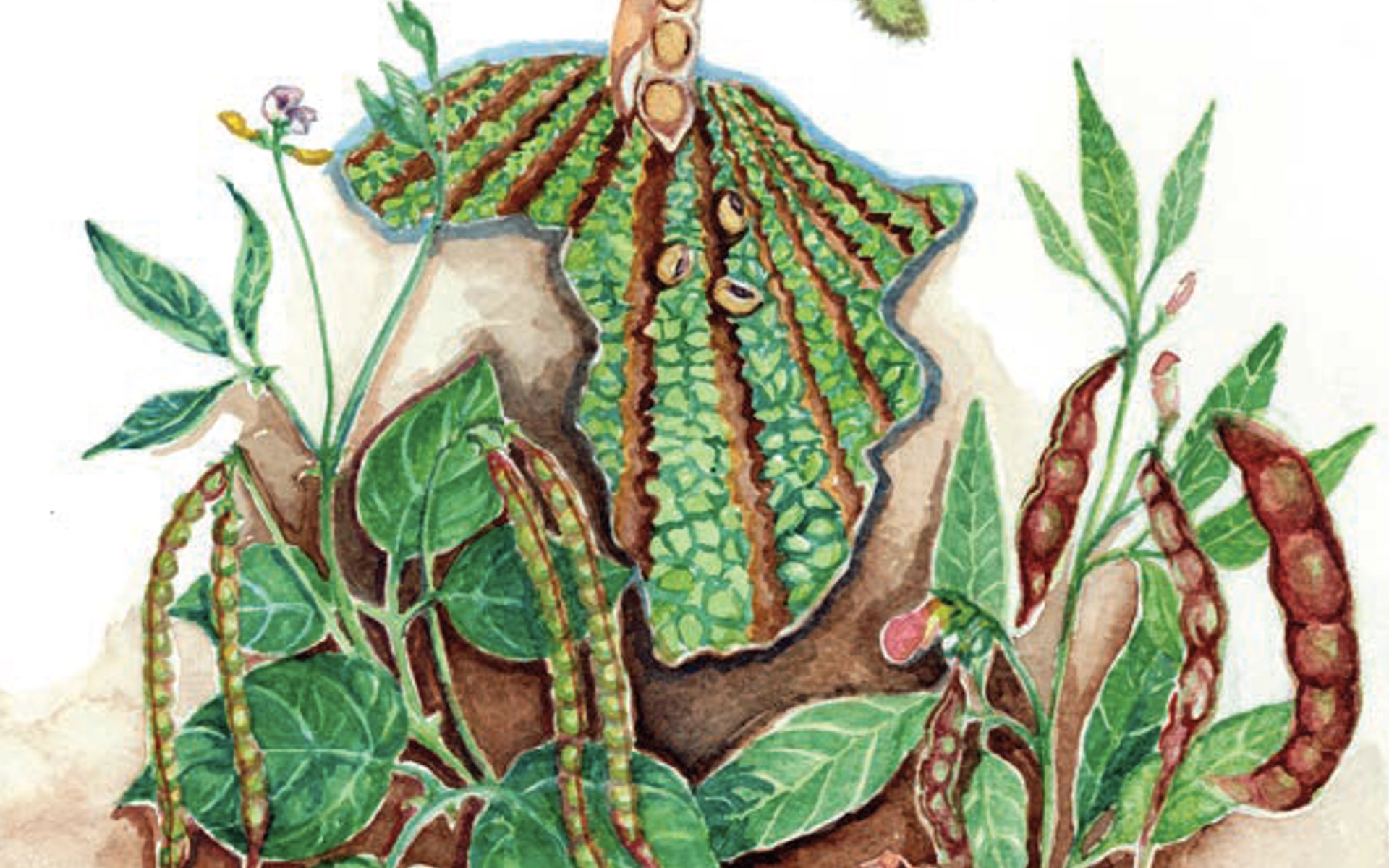Latest Resources

6 June 2024
Annual report for 2023 celebrates ACB’s 20th anniversary
2023 was a special year for the ACB, as it marked the twentieth anniversary since our organisation came into being, initially in response to the emergence of genetically modified organisms and the attendant biosafety issues in food and agriculture. As the organisation grew, our focus broadened to include a host of interconnected issues affecting food […]

18 March 2022
25th Meeting, 49th Regular Session of Human Rights Council – Presentation of the Special Rapporte...
“The type of seed system you decide to support will determine your ability to tackle hunger, famine and nutrition.” In his report and presentation at the 49th Regular Session of the United Nations Human Rights Council (UNHRC), on 14 March, UN Special Rapporteur on the Right to Food, Michael Fakhri, outlined two types of seed […]

17 August 2021
Integrate biodiversity targets from local to global levels
On 13 August 2021, the journal Science published an article titled, Integrate biodiversity targets from local to global levels, that included ACB executive director Mariam Mayet and research and advocacy officers Linzi Lewis and Andrew Bennie as co-authors. We are honoured to be part of this incredible team of African scientists, conservationists, and community leaders […]

22 July 2020
Global Network for the Right to Food and Nutrition Report
Coming on the heels of the publication of the UN’s State of Food Security and Nutrition (SOFI) report presenting the global hunger and food insecurity figures, the Global Network for the Right to Food and Nutrition (GNRtFN) releases its 2020 State of the Right to Food and Nutrition Report, which the ACB supports. Here is […]

5 April 2018
A tale of neo-apartheid plans, dodgy dealings and corporate capture: Government support to South ...
Press Release from the African Centre for Biodiversity Johannesburg, Thursday 5 April 2018 Limited transparency, weak accountability, and capture by corporations and politically-connected individuals. These are features of the current South African landscape found in government’s smallholder farmer support programmes, according to a research report by African Centre for Biodiversity (ACB) released today. The report, […]

24 January 2018
Green Innovation Centre in Zambia: Fighting Hunger through Corporate Supply Chains?
The study “Green Innovation Centre in Zambia: Fighting Hunger through Corporate Supply Chains?” is a joint publication by Rosa Luxemburg Stiftung and African Centre for Biodiversity. It discusses the Green Innovation Centre (GIC) project of the German government, its approach and its impact. The development concept behind the GIC is farming as a business, focusing […]

15 June 2017
The GM maize onslaught in Mozambique: Undermining biosafety and smallholder farmers
A new report from the ACB, “The GM maize onslaught in Mozambique: Undermining biosafety and smallholder farmers” written in conjunction with Acção Academicapara o Desenvolvimento das Comunidades Rurais (ADECRU) has been released today. It provides an analysis of the changes made to Mozambique’s biosafety legislation in order to allow for field trials of genetically modified […]

13 February 2017
Bayer-Monsanto merger: An existential threat to South Africa’s food system
In December 2016 Monsanto shareholders voted in favour of the sale of the company to Bayer for US$66 billion, making it the largest-ever foreign corporate takeover by a German company. Both Bayer and Monsanto are major global manufacturers of agrochemicals and seeds, including genetically modified seed. A merged entity would be the world’s largest supplier […]

13 January 2017
Hands OFF Our Food Systems! Small Farmers NOT Corporates Feed Africa
This lobby paper Who will feed Africans: Small-scale farmers not corporations! produced by the partnership between FoEA and ACB, makes the compelling case for African agriculture to transition towards agroecology and food sovereignty, recognising and strengthening the role of small scale farmers, rather than benefiting few large scale corporations with detrimental ecological, socio-economic, and nutritional […]

29 August 2016
N2 Africa, the Gates Foundation and Legume commercialisation in Africa
This report considers the N2Africa programme, which aims to develop and distribute improved, certified legume varieties (soya, common bean, groundnut and cow pea); promote and distribute inoculants and synthetic fertiliser; and develop commercial legume markets for smallholder integration in 13 countries in sub-Saharan Africa: Tanzania, Uganda, Ethiopia, Nigeria, Ghana (core countries); Kenya, Rwanda, Democratic Republic […]
